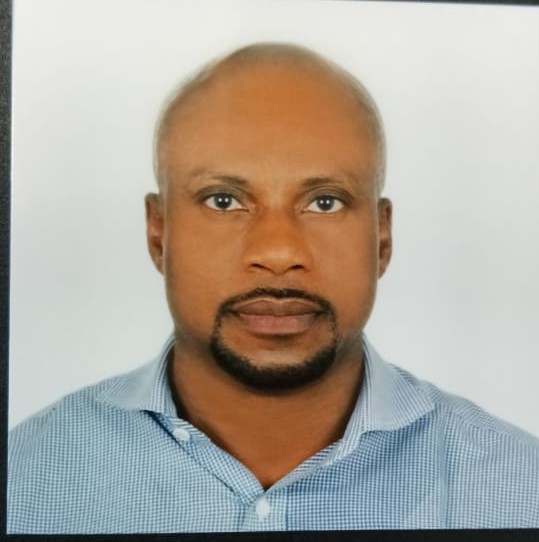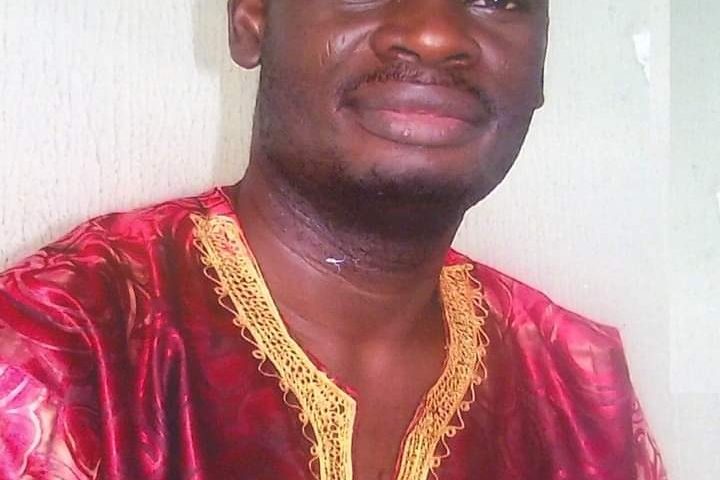The current leader of the Economic Community of West African States (ECOWAS), Nigerian President Bola Tinubu, and his predecessor Guinea-Bissau leader Umaro Sissoco Embalo have failed to demonstrate the bloc’s commitment to democracy. Since 2020 four ECOWAS members,Mali, Guinea, Burkina Faso, and Niger experienced a total of six coup d’états.
Upon his election as Chairman of ECOWAS, President Tinubu propounded, “We must not sit in ECOWAS as toothless bulldogs.” Yet, the current leadership of ECOWAS has been ineffective in addressing the security and humanitarian crises in the Sahel region.
Two geopolitical trends validate this indictment: First, ECOWAS’s inability to contain the wave of coup d’états that plagued West Africa in the past four years. Second, regional leaders’ failure to implement counter-terrorism measures to confront the growing threat of terrorism.
I. Ridding West Africa of Coup D’états
ECOWAS has failed to nurture the aspirations or embody the spirit of the treaty outlined in Chapter II, Article 3 (1) (e). This article emphasizes the promotion and strengthening of good neighborliness and security.
Yet, regional security has been undermined by coup d’états in 2020, 2021, 2022, and 2023. To combat the plague of military coup d’états in the subregion begins with ECOWAS demonstrating its relevance and resolve, reminiscent of the early 1990s.
Tinubu’s predecessors—Abdou Diouf of Senegal, Ibrahim Babangida of Nigeria, Jerry John Rawlings of Ghana, and Ellen Johnson Sirleaf of Liberia—made difficult decisions to maintain peace and discourage defiant behavior. Lifting sanctions in February without appropriate consequences only emboldens military leaders.
In 1989, intra-state conflict engulfed Liberia, the first African republic. Mr. Taylor, a rebel leader and convicted war criminal, incited the fighting that drove thousands to overthrow then incumbent President Samuel Doe. The conflict disrupted regional trade and tourism, produced hundreds of thousands of refugees, and threatened to spill over into neighboring states.
After eight months of carnage, ECOWAS initiated its first soft power initiatives to end the conflict peacefully, as mandated in articles 4 (d) and (f).
During this time, ECOWAS imposed travel restrictions on parties involved in the conflict and froze their assets in foreign accounts. In July 1990, the ECOWAS sub-committee on defense submitted a plan for a military intervention force in Sierra Leone. Despite opposition, the Member States convened in August and adopted the “ECOWAS Peace Plan for Liberia,” which led to the formation of the ECOWAS Monitoring Group in Liberia (ECOMOG). This intervention resulted in a ceasefire between the rebels and government forces and ushered in an Interim Government of National Unity (IGNU).
ECOWAS demonstrated leadership in neighboring Sierra Leone in 1997 following the overthrow of the elected civilian government of Ahmed Tejan Kabbah by Army Major Johnny Paul Koroma.
In Guinea-Bissau in 1999, after fighting erupted following an attempted coup in 1998, ECOWAS intervened to restore law and order. Similarly, in 2003, ECOWAS deployed troops in Côte d’Ivoire (ECOMICI) to support a ceasefire agreement between government forces and rebel groups, complementing the efforts of the United Nations and French troops.
After the 2012 military coup in Mali, armed groups quickly sought to exploit the breakdown of order to overrun northern Mali.
Consequently, ECOWAS led the African-led International Support Mission in Mali (AFISMA) to assist the Malian government in its fight against rebels in 2013. However, the current Malian junta has ridiculed ECOWAS for yielding to Western powers while claiming to uphold Pan-Africanism.
Finally, in 2016, when all soft-power measures failed to persuade the dictatorial President Jammeh of The Gambia to step down, ECOWAS threatened to employ hard-power actions, leading to Jammeh’s departure to Equatorial Guinea.
II. Lack of Counter-Terrorism Measures
The current ECOWAS leadership has not provided any substantive measures to counter the increasing strength of terrorist groups in the Sahel region. Military junta leaders in the Sahel have sought security and protection for themselves from the Wagner Group—a Russian state-funded paramilitary organization—leaving their citizens vulnerable to terrorist attacks.
In early 2024,Ibrahim Traore, the coup leader and acting president, and putative messianic figure of Burkina Faso, ordered locals in Barsalogho, a village town, to dig a vast trench network around the town for protection against jihadists.
In August, 1990, approximately six hundred people were killed in a matter of hours during an attack by al-Qaeda-linked militants on a town in Burkina Faso. Terrorists from Jama’at Nusrat alIslam wal-Muslimin (JNIM), an al-Qaeda affiliate based in Mali and active in Burkina Faso, methodically opened fire as they swept into the outskirts of Barsalogho on motorcycles, shooting down villagers who lay helpless in the freshly upturned dirt of the trench.
Russian disinformation has exploited and exposed the naivety of the young junta leaders in the Sahel region.
According to the Africa Center for Strategic Studies, half of the disinformation campaigns in West Africa have created negative perceptions of the United States, using themes of anti-imperialism and neocolonialism to inflame anti-Western sentiment. Atmospherics of Western animosity on the streets across the Sahel is palpable.
Congruently, Russian disinformation and manipulation have disrupted relationships between the West and Sahel countries, leaving the region vulnerable to militant expansion as the United States prepares to withdraw. Russian mercenaries, who promised to bring stability to the region, have partially withdrawn to fight their own battles in Ukraine.
The regional organization has failed to bring these junta leaders into compliance with the spirit of the treaty. The withdrawal of the United States and French intelligence, surveillance, and reconnaissance capabilities threatens to leave a vacuum for militant groups, providing them with potential sanctuary to attack government forces and civilians indiscriminately.
ECOWAS has failed the people of the Sahel region by not offering any strategic vision to alter the prevailing situation. The lack of resolve by ECOWAS Chairman Bola Tinubu and his acquiescence to the demands of the coup leaders have weakened the organization. Conversely, here is how ECOWAS can recapture its relevance once again: First, ECOWAS must prioritize its military agenda.
This means apportioning a significant amount of members’ contributions to defense spending—focusing on military readiness to combat coup d’états and intra-state conflicts—this measure can only be pursued if all diplomatic initiatives to restore constitutional order fail. Second, incalcitrant leaders must be held accountable for violating the 2001 Protocol on Democracy and Good Governance—this means the freezing of assets of coup leaders—and imposing travel bans and restrictions on their families. Third, the governments of Benin and Côte d’Ivoire, two countries closest to the Sahel, regional and continental organizations should partner with the United States to re-establish counter-terrorism operations in one of these countries to combat the growth of Islamic State as well as Jama’a Nusrat ul-Islam wa al-Muslimin (JNIM), an al Qaeda affiliate.
George P. Koon, LL.D, is a United Kingdom (Cantab)-United States-trained Lawyer. Dr. Koon, specializes in War Crimes and Crimes Against Humanity. He served as a Principal Senior Intelligence Analyst at NATO Headquarters in Kabul Afghanistan from 2010-2015, where he briefed General David Petraeus and General Michael Flynn. He worked in Afghanistan, Iraq, Syria, United Arab Emirates, and has conducted seminars in counterterrorism.





